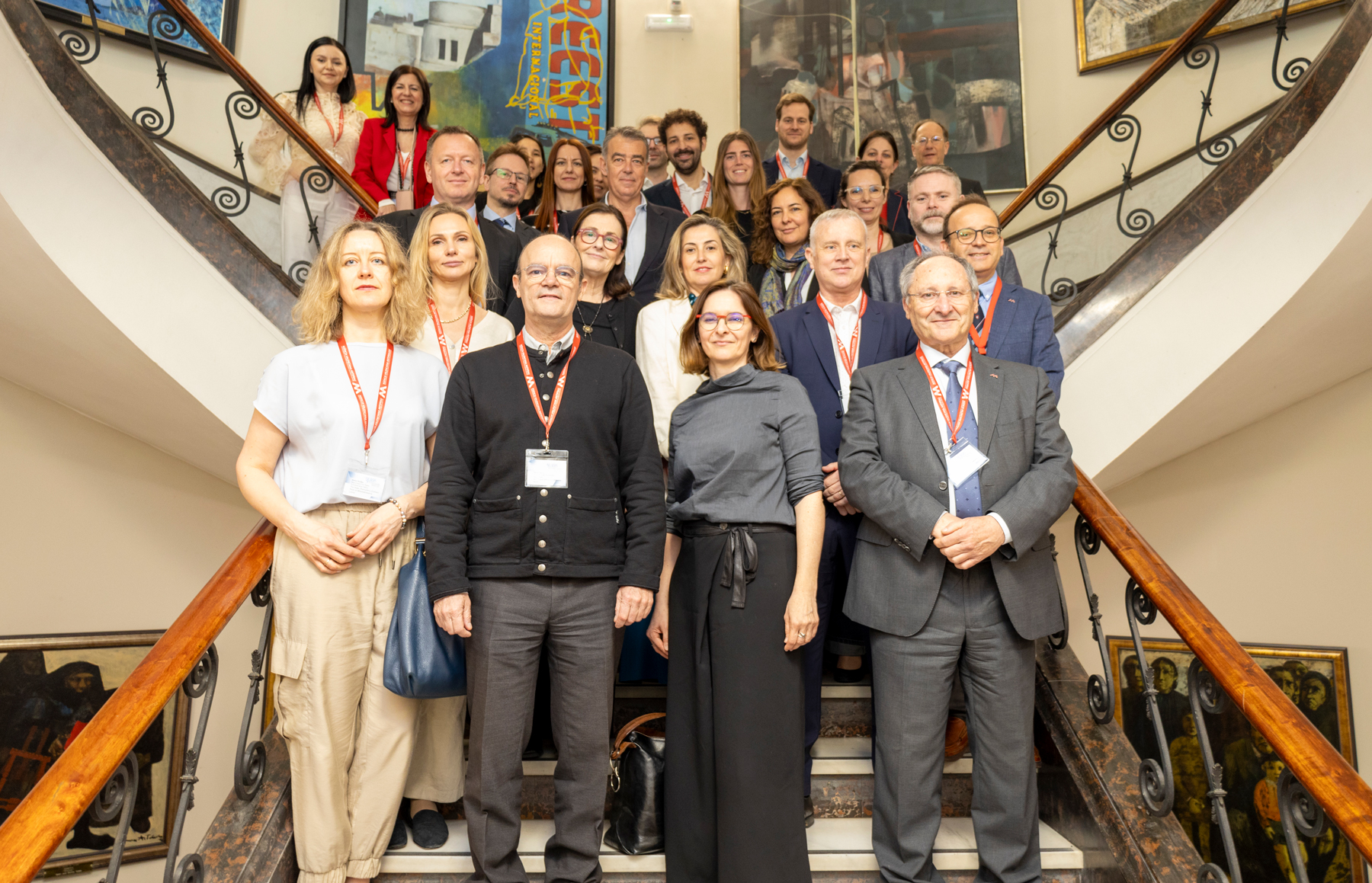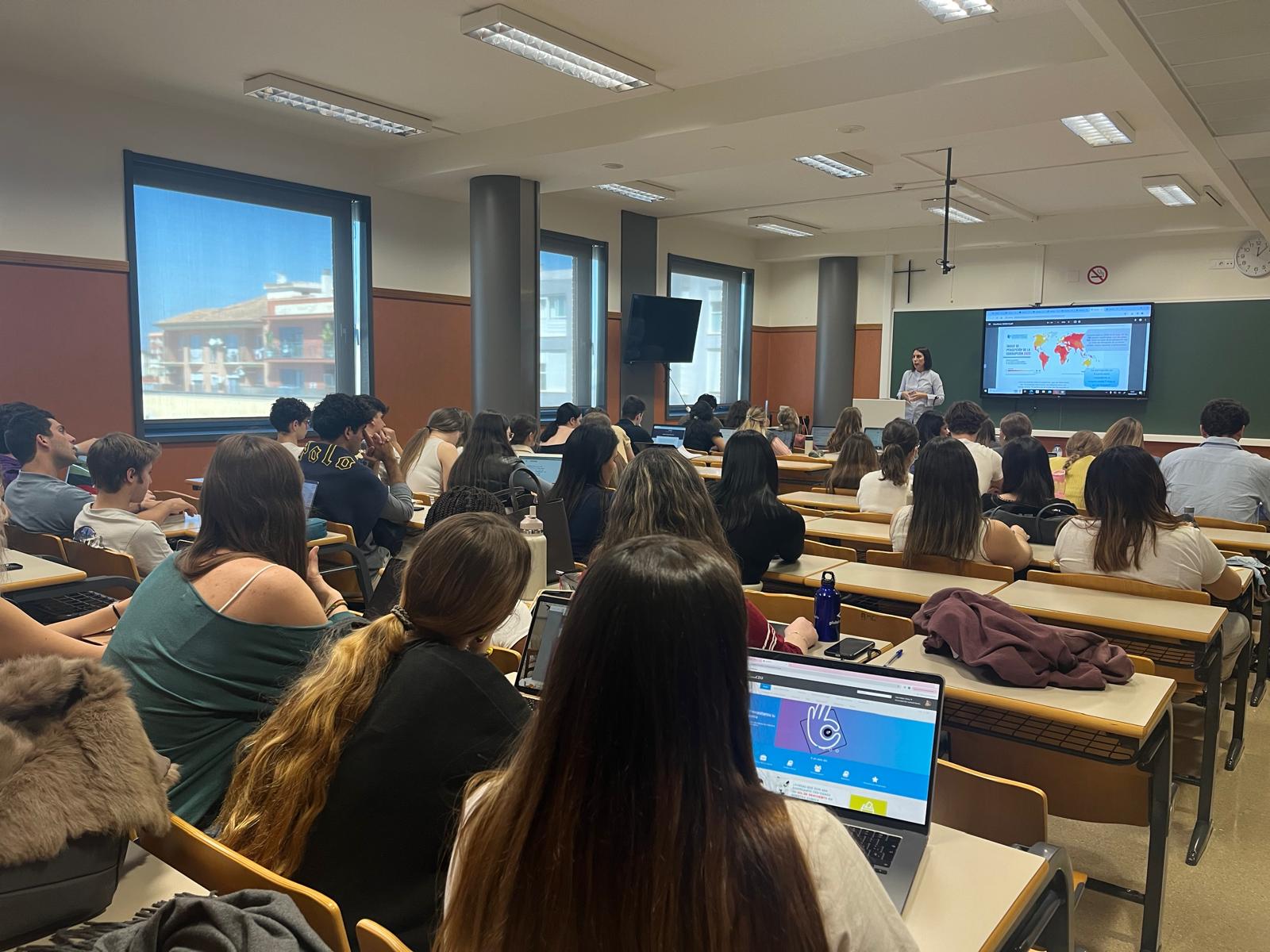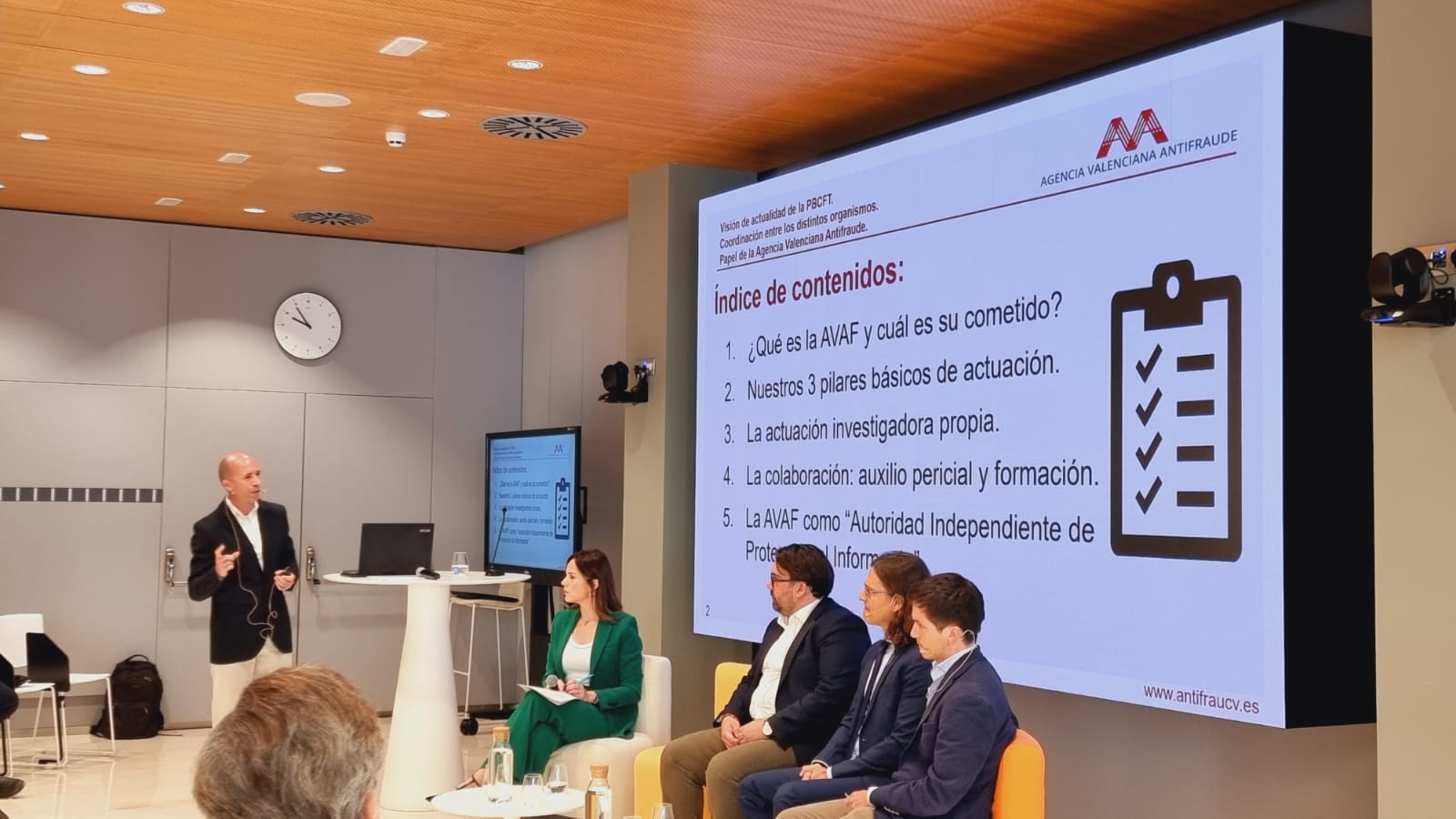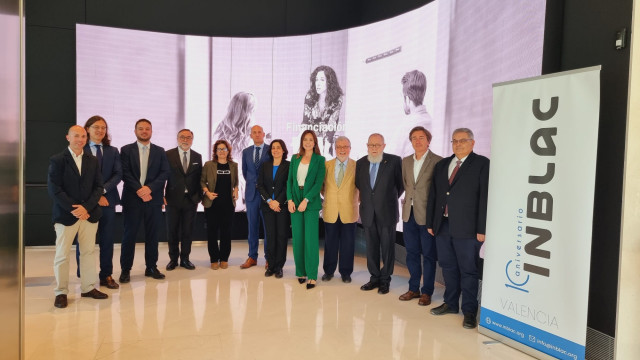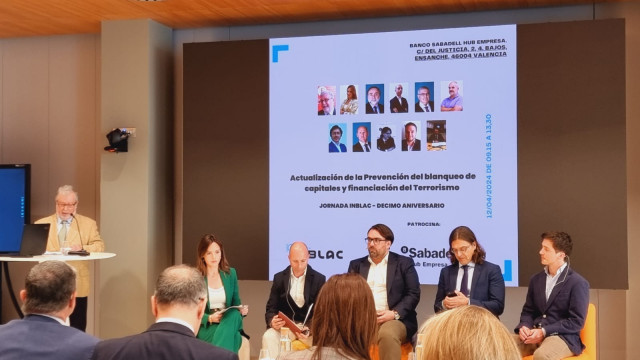València, 19 April 2024.- The work carried out by NEIWA during the two days of the meeting concluded with the approval of the Valencia Declaration, which highlighted the importance of defending whistleblowing, as it is one of the best mechanisms in the fight against corruption.
The Declaration also condemns any form of suppression or limitation of the independence and efficiency of integrity and whistleblowing authorities, or similar entities engaged in the fight against corruption.
NEIWA members highlighted the importance of strengthening the work and coordination of all actors involved in the field of whistleblowing and the fight against corruption such as police, prosecutors, judiciary, etc., including civil society, as their contribution is essential for the establishment of a culture of integrity.
In addition to the Valencia Declaration, the results of several working groups set up within the Network have been presented at this 9th Assembly, such as the group dedicated to analysing the complaints received, or the group in charge of studying, analysing and proposing measures to support people who report on corruption.
The Director-General for Justice of the European Commission, Paul Hafellner, was invited to this meeting and made a presentation on the status of the transposition of the European Directive on the protection of whistleblowers of corruption.
The members of the Network approved a modification of the statutes and the rules of procedure and organization of the Network in order to improve its functioning and operability, as well as the integration of new members such as the Federal Institute for Human Rights (Belgium); the Georgia Anti-Corruption Bureau; the Office for the Protection of Whistleblowers (Luxembourg) and the Ombudsman of Walloni (Belgium).
The NEIWA network was established following the approval by the European Union of Directive 2019/1937 on the protection of whistleblowers of corruption and it is a platform for cooperation and exchange of knowledge and experiences in the area of integrity and protection of whistleblowers.
Currently, 33 anti-corruption authorities from 24 European countries are part of the network and are as follows:
BELGIUM | Federal Ombudsman Office of the Ombudsman of the Brussels-Capital Region Service of the Ombudsman of the German-speaking Community of Belgium Ombudsman of the Flemish Community |
BULGARIA | Anti-Corruption Commission |
CROATIA | Office of the Ombudsman of the Republic of Croatia |
CZECH REPUBLIC | Ministry of Justice |
DENMARK | The National Whistleblowing Scheme within the Danish Data Protection Agency |
ESTONIA | Ministry of Justice, Department of Penal Policy |
FINLAND | Ombudsman |
FRANCE | Défenseur des droits |
GERMANY | Federal Office of Justice |
GREECE | National Transparency Authority |
HUNGARY | Office of the Hungarian Commissioner for Fundamental Rights |
ICELAND | Prime Minister’s Office |
IRELAND | Garda Síochána Ombudsman Commission Office of the Commissioner of Protected Disclosures |
ITALY | Italian Anti-Corruption Authority (ANAC) |
LATVIA | The State Chancellery (Whistleblower Contact Point) |
LITHUANIA | Prosecutor General’s Office of the Republic of Lithuania |
MONTENEGRO | Anti-Corruption Agency |
PORTUGAL | National Anti-Corruption Mechanism (MENAC) |
ROMANIA | Ministry of Justice National Integrity Agency (ANI) |
SLOVAKIA | Office of Whistleblower Protection |
SLOVENIA | Commission for the Prevention of Corruption |
SPAIN | Ministry of Justice Valencian Anti-Fraud Agency (AVAF) Catalan Anti-Fraud Office (OAC) Andalusian Office Against Fraud and Corruption (OAAF) |
SWEDEN | The Swedish Working Environment Authority |
NETHERLANDS | Dutch Whistleblowing Authority |


